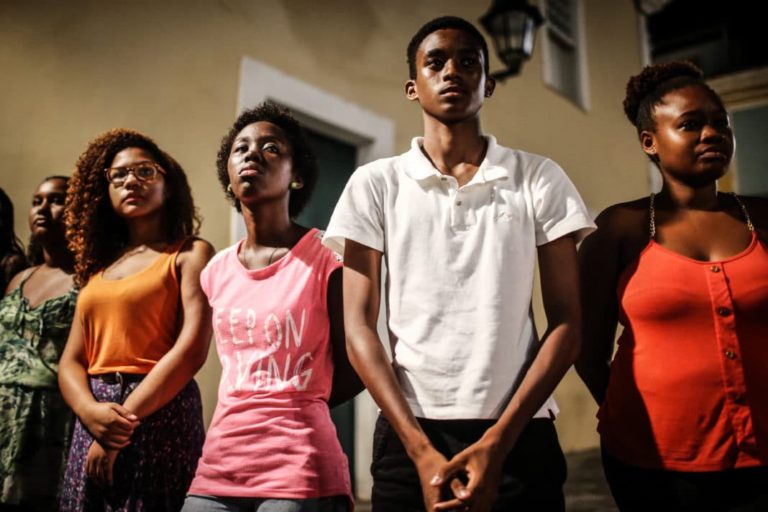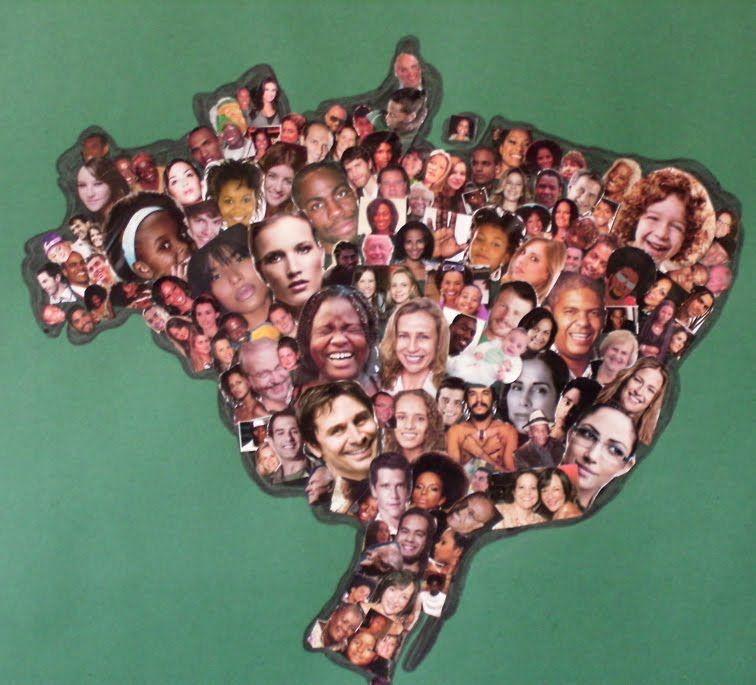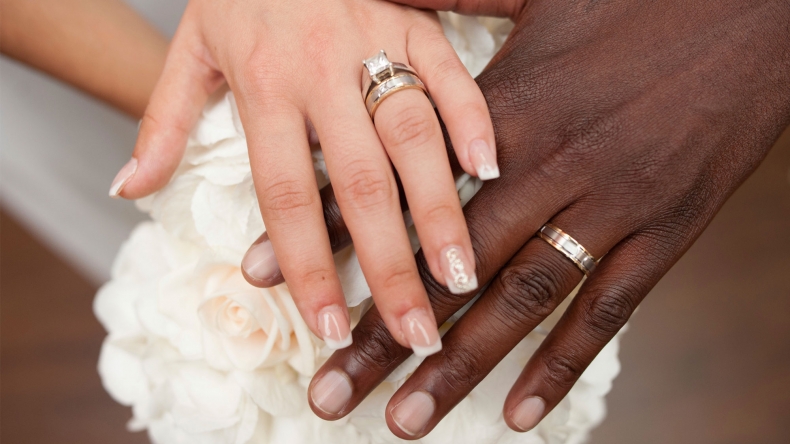Study investigates marks of racism in “interracial families”
Agência FAPESP
São Paulo Research Foundation
2017-06-14
José Tadeu Arantes
Agência FAPESP

Society’s racial hierarchies are reproduced in families and interact with feelings, researcher says (photo: Wikimedia) |
One hundred and twenty-nine years after the abolition of slavery in Brazil, and despite the myth of racial democracy, race-based prejudice is still widespread in Brazilian society – so much so that it can be found even in “interracial families”. This is the conclusion of a study by social psychologist Lia Vainer Schucman.
Schucman undertook the study during her postdoctoral research at the University of São Paulo (USP) with FAPESP’s support and in collaboration with Felipe Fachim. Her supervisor was Belinda Mandelbaum, who heads the Family Studies Laboratory at the university’s Psychology Institute (IP-USP).
“We set out to discover whether and how society’s racial hierarchies are reproduced in families whose members classify themselves differently with regard to ‘race’ – as ‘white’, ‘black’ or ‘mixed-race’ – and how these hierarchies coexist and interact with their emotions or feelings,” Schucman told Agência FAPESP.
In addition to performing an exhaustive review of the specialized literature, which took three years, Schucman personally interviewed 13 families from different regions of Brazil. She has written a book about her findings: Famílias Inter-raciais: tensões entre cor e amor (“Interracial Families: Tensions between Color and Love”). The book will be available later in 2017.
“My interest in researching the topic arose initially from my interaction with people from these families, people who experienced ‘racial contradictions’ in their own skins, as it were,” Schucman said. “It happened when I was finishing up my PhD research, which was on ‘whiteness’. Because of my research, I started to be invited to give lectures quite frequently, and after the lectures, people would often come up to tell me about cases of suffering due to racism in their own families. This happened many times. These conversations led me to realize that families could be a key to understanding ‘interracial’ relationships in the wider context of society.”
Schucman’s starting-point was the conviction that “race” is not a biological given but a social construct. It is a construct based on phenotypes, she argues, which engenders and sustains profound material and symbolic inequality in society and which affects the daily lives of millions of people…
Read the entire article here.



